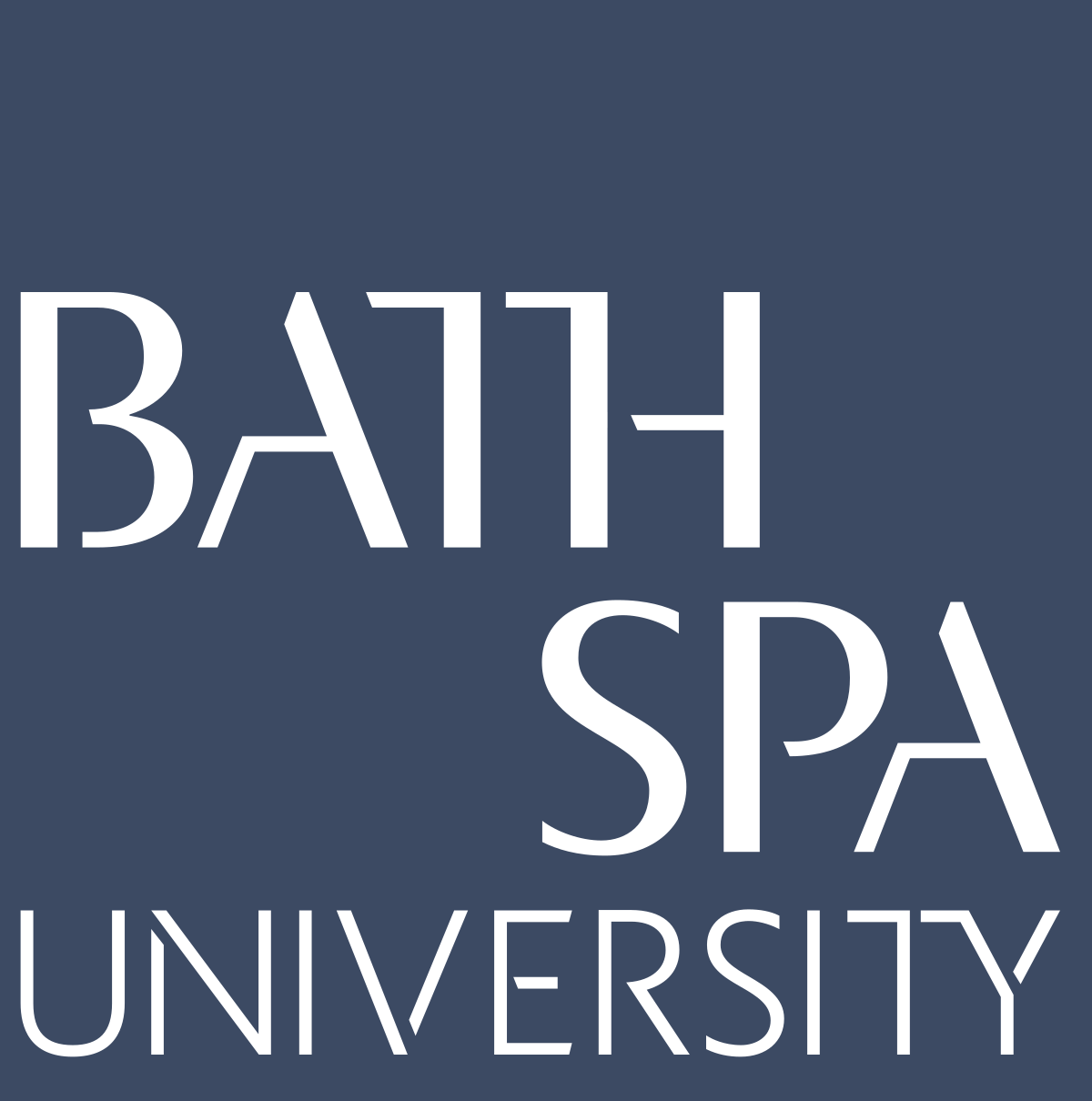IELTS Exam : Dates, Registration, Fees, Eligibility, Pattern, Booking & latest Updates
By Prabhadri SumanUpdated On - 2024-02-14 04-46-56 IST
Help me prepare
100k+ Students Enrolled
Topics Covered:
- IELTS Exam Highlights
- What is IELTS Exam?
- IELTS Exam Type
- How to Apply for IELTS Exam 2024?
- IDP IELTS Exam Booking (IELTS slot booking)
- IELTS Exam Format
- IELTS Exam Fee in India
- How to Reschedule IELTS Exam Date?
- How to Cancel the IELTS Exam Date?
- Know more about the IELTS Exam
- IELTS Exam 2023/2024 Latest Updates
IELTS Exam Highlights
| Exam | Detail |
| IELTS full form | International English Language Testing System |
| Popular for | Study, work, and migration to English-speaking countries like Canada, Australia, New Zealand, and the UK |
| Also accepted by | Universities in Canada, UK, New Zealand, USA, and Australia |
| Conducted by | IDP Education Ltd. |
| Exam Mode | Computer and Paper–delivered test |
| Exam Fees | INR 17,000 |
| Score Range | On a scale of 1 to 9 (lowest to highest) |
What is IELTS Exam?
The IELTS, or International English Language Testing System, assesses people's proficiency in English for the purpose of studying or migrating to a country where English is the primary language, like Canada, Australia, or the United Kingdom. It provides people with the chance to pursue higher education in a foreign land and gain permanent residency. Taking this test can open up numerous opportunities for individuals dreaming of studying or living abroad, such as getting admitted to prestigious universities.
IELTS Exam Type
Check out the types or variations of the IELTS test:
IELTS Academic: Students who want to attend a university in an English-speaking country, such as Canada, New Zealand, Australia, or the UK, take this version of the exam.
IELTS General Training : People who want to immigrate to or work in countries like Canada, New Zealand, Australia, the United Kingdom, etc. take this version of the exam.
IELTS UKVI: This test is the same as IELTS. It is a government-approved Secure English Language Test and is best to opt for if you are planning to study in the UK as this test proves a candidate’s proficiency in the English language for the UK visa and immigration formalities.
How to Apply for IELTS Exam 2024?
To secure your reservation for the IELTS exam, you ought to:
1. Go to www.ieltsidpindia.com, and fill in the required details such as the IELTS test, test module and city.
2. Upon completion of this step you will be taken to the IELTS Application: Check Test Availability page. Here, enters the required information, select a month and date, and click 'Apply'.
IDP IELTS Exam Booking (IELTS slot booking)
Are you curious about how to sign up for the IELTS test with IDP? You can choose either the online or offline method to complete the registration process.
IELTS Exam: Option 1- Online Mode
Sign up for the IELTS exam on the internet, and you can cover the cost of the test with a credit card. You only need a legitimate credit card to make a reservation for the exam online.
Steps :
1. Head to the IDP website
2. Select "Register for IELTS"
3. Choose the day and location for the exam (you can view the seats that are available)
4. Complete the application form online
5. Pay for the test with a Visa or Mastercard
6. You will be able to book your seat and receive an acknowledgment straight away.
IELTS Exam: Option 2- Offline Registration Mode
To register, you can visit the primary office of IDP or any of its branches or the nearest input node and utilize one of the following methods:
- First Method
1. Initially, sign up electronically through the office and pay by credit card to get instant confirmation of the seat.
2. Then, submit a copy of the passport and the notice pages with a signed set of terms and conditions.
3. Lastly, receive the acknowledgment letter that verifies the reservation of the seat.
- Second Method
1. In order to complete your application form, make sure to sign the terms and conditions page and attach your passport photocopy.
2. You can pay your test fee through debit/credit card or demand draft, which needs to be in favor of IDP EDUCATION INDIA PRIVATE LIMITED and payable in New Delhi. You can also make the payment through cash, which can be done by depositing it in any ICICI Bank branch using the customized deposit slip obtained from the IDP branch office or input node. This slip can also be downloaded from the IDP website. It is important to provide the original copy of the slip to the branch office/input node.
3. It is possible to ask the input node/branch staff to immediately enter your application form into the online registration platform and provide you with the booking acknowledgment and tentative reservation of the seat. The confirmation of the same will be subject to realizing the demand draft
IELTS Exam Format
The format of the IELTS exam is as follows:
| Sections | Total Number of Questions | Academic Exam | General Exam | Time |
| Reading | 40 | 3 Long Passages | 4 Short and 1 Long Passage | 60 minutes |
| Listening | 40 | It comprises of 4 parts. Each part consists of 10 questions. | It comprises of 4 parts. Each part consists of 10 questions. | 30 minutes |
| Writing | 2 Tasks | Write 150 words for task 1 and for task 2 it is 250 words | Write a letter of 150 words for task 1 and for task 2 write 250 words essay | 60 minutes |
| Speaking | 3 Parts |
Part 1: Introduction based questions Part 2: Cue Card Topic Part 3: Discussion based questions |
Part 1: Introduction based questions Part 2: Cue Card Topic Part 3: Discussion based questions |
11-14 minutes |
What is the format of the IELTS exam is the most crucial question that aspirants have regarding the exam? The IELTS test is divided primarily into four sections: speaking, writing, listening, and reading. This exam measures a person's proficiency with the English language in terms of understanding, writing, and speaking.
The IELTS exam takes a total of two hours, with forty-five minutes set aside for the Listening, Reading, and Writing sections. The Speaking test is carried out separately, with the test taker given the option to book a slot either online or offline at their preferred date and time. If the student does not book their speaking test, one will be assigned for them automatically. The Speaking test usually takes between eleven to fourteen minutes.
IELTS Exam Fee in India
Are you planning to take the IELTS exam and want to know about the fee? Check out the IELTS exam fee in India as per the test you want to take.
| Test Type | Cost (INR) |
| Computer-delivered IELTS for UKVI | 17,250 |
| Computer-delivered IELTS | 17,000 |
| IELTS Life Skills (A1 and B1) | 16,050 |
| IELTS for UK Visas and Immigration | 17,250 |
| Pen and paper-based IELTS | 17,000 |
How to Reschedule IELTS Exam Date?
1. Check out the IELTS website to obtain the "Transfer, Cancellation Application Form".
2. Complete the form with the essential information.
3. The "request for Transfer/Cancellation" portion of the form needs to have "transfer" selected if a transfer or cancellation is requested.
4. Choose two available dates to switch the IELTS test or cancel it.
5. At last, forward the application along with the canceled cheque.
6. When there is a medical emergency, learners have to submit their doctor's contact information.
7. They can then send the form via post, fax, or in person.
IELTS centers will assess a student's request to postpone their IELTS exam schedule 2024 if it is made within 34 days before the test date. After that, a new test date will be given to the student if one is available.
You must present one of the following papers:
1. A medical report
2. A death/cremation certificate or a letter from a health professional
3. A police report
4. A renewal receipt for a passport/receipt from the immigration office
How to Cancel the IELTS Exam Date?
To cancel an IELTS exam,
1. First step is to log onto the IELTS website and go to the main page.
2. The second step is to choose the 'Cancel' option from the drop-down list.
3. The final step is to submit all the paperwork needed along with valid reasons for canceling the test.
Know more about the IELTS Exam
Date and Frequency: IELTS exams are offered 4 times each month, providing a total of 48 fixed dates throughout the year. The amount of IELTS dates that are available in India may vary depending on whether it is the Academic or General IELTS exam.
Center and Admit Card: IELTS tests can be taken at over 50 places in India. There is no need to get an admissions ticket for the IELTS assessment.
Result: The outcomes of the IELTS Exam are open 10 days after the paper-based assessment and 5-7 days after the computer-based exam. The Candidate will only get a single authentic Test Report Form (TRF).
Score Reporting: Candidates are allowed to ask for a maximum of 5 extra Test Report Forms (TRFs) to be submitted to the respective universities, professional associations, etc. within a month of their IELTS exam. TRFs can be sent through a courier service, DHL, for which a fee will apply. For institutions that accept electronic submission of scores, there is no cost and it can be arranged through the local IDP IELTS office.
Score Validity : 2 Years
IELTS Exam 2023/2024 Latest Updates
IELTS introduced 'One Skill Retake' from March 2023 in India
In the past, individuals who did not achieve their desired score in any section of the IELTS exam were obligated to retake the entire exam. However, recent changes have been made to allow test takers a "One Skill Retake" option. This means that they will only need to retake the specific module in which they scored lower than desired, rather than redoing all four modules of the IELTS exam. The implementation of this update will take effect from March 2023 in India.
IDP to administer IELTS Exam in India
IDP has recently acquired 100% ownership of the British Council, making it responsible for administering IELTS tests in India. This acquisition is expected to streamline the process and enhance the overall experience for customers. With IDP at the helm, test-takers can look forward to an improved testing experience with IELTS IDP in India.
Check City wise IELTS Test Dates
Helpful Calculators:
If you can dream it
we can help you
achieve it!
Connect with our admissions's experts today!
Latest Blog Posts
Trending Posts

Exam
2023-03-20 13:47:54
9528 Views
IELTS FAQ's
Popular Colleges to Study Abroad
Other Study Abroad Exam
Popular Universities to Study Abroad
- University of Waterloo
Waterloo
- University Canada West
Vancouver
- University of Windsor
Windsor
- Cape Breton University
Sydney
- Dalhusie University
Halifax
- Carleton University
Ottawa
- University of Ottawa
Ottawa
- University of Guelph
Guelph
- Explore more colleges in Canada
- University of New Haven
West Haven
- Kent State University
Kent
- Wright State University
Dayon
- San Jose State University
West Haven
- Clark University
Worcester
- Rowan University
Glassboro
- Golden Gate University
San Francisco
- Arkansas
San Francisco
- Explore more colleges in USA
- Coventry University
Coventry
- University of Birminghame
Birminghame
- De Montfort University
Leicester
- Cardiff University
Cardiff
- BPP University
London
- University of West London
London
- University of Nottingham
Nottingham
- University of Warwick
Coventry
- Explore more colleges in UK
- Auckland Institute Of Studies
Auckland
- Massey University - Auckland Campus
Albany
- Eastern Institute of Technology - Auckland Campus
Auckland
- NorthTec - Auckland Campus
Auckland
- Massey University - Manawatu Campus
Palmerston North
- University of West London
London
- Wellington Institute of Technology (WelTec) - Petone Campus
Lower Hutt
- Otago Polytechnic - Dunedin Campus
Dunedin
- Explore more colleges in New Zealand
- Chandigarh University
Mohali
- Parul University
Vadodara
- Sharda University
Greater Noida
- Jain University
Bangalore
- Bennett University
Greater Noida
- Lovely Professional University
Phagwara
- Chitkara University
Rajpura
- Brainware University
Kolkata
- Explore more colleges in India
- Abu Dhabi University
Abu Dhabi
- Gulf Medical University
Ajman
- New York University
Abu Dhabi
- Emirates Aviation University
Dubai
- Higher Colleges of Technology
Dubai
- British University in Dubai
Dubai
- Al Ghurair University
Dubai
- American University in the Emirates
Dubai
- Rochester Institute Of Technology Dubai
Dubai
- Emirates Academy of Hospitality Management
Dubai
- American University of Ras Al Khaimah
Ras Al Khaimah
- Explore more colleges in UAE
- Ras Al Khaimah Medical and Health Sciences University
Ras Al Khaimah
Search, Shortlist, Apply and get accepted! It’s that Simple to pursue your dream to Study abroad with Edmissions. Our team of experts provide you the right guidance that helps you to take admission in your dream college in countries like Canada, the USA, the UK
© 2021-2024 Edmissions - All rights reserved.
TALK TO OUR EXPERTS












